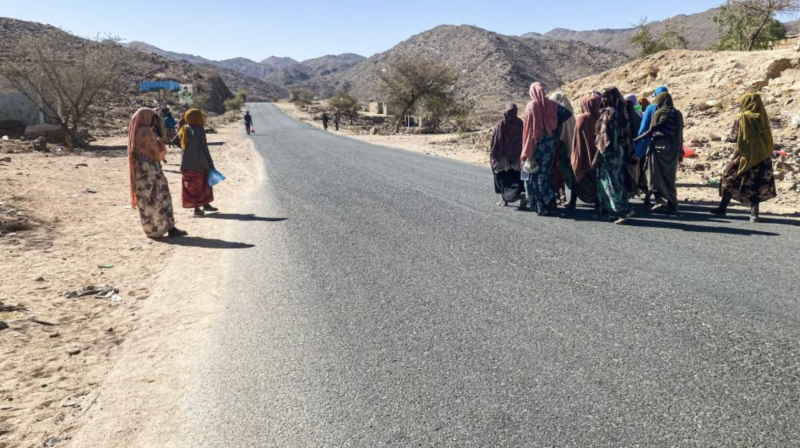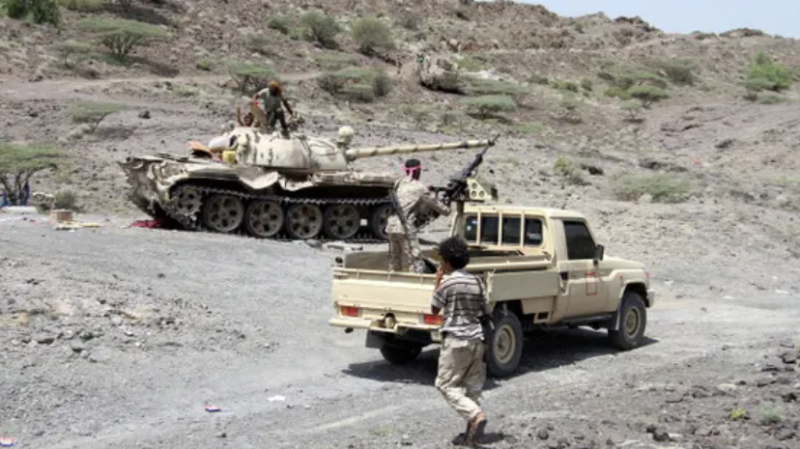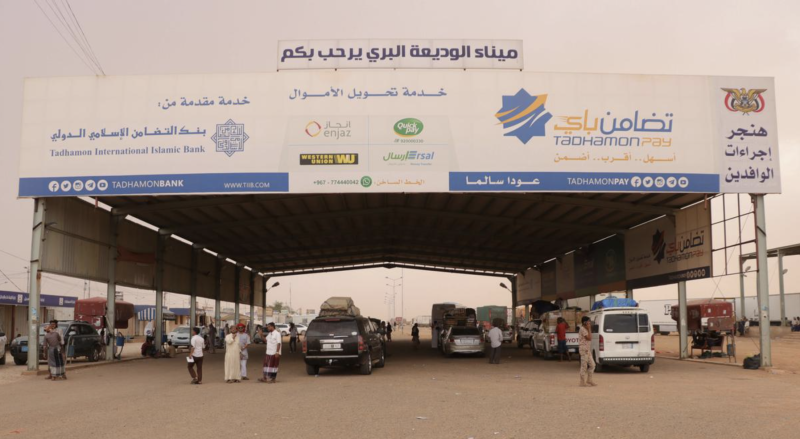Yemen's Houthi rebels: What's next?


It is almost three months since the Houthis, a Shiite rebel group, stormed into Yemen's capital Sana'a, seized government buildings and forced the prime minister to resign.
Today, the rebels from northern Yemen were at the negotiating table as Jamal Benomar, the UN diplomat who brokered the deal that ended President Ali Abdullah Saleh's 33-year rule after mass protests in 2011, attempts to heal the political rifts that threaten to pull the country apart.
Chief among those divisions is the rivalry between the Houthis, a predominantly Shiite movement backed by Iran, and Islah, Yemen's Sunni Muslim Brotherhood, who after taking part in the campaign against Saleh secured half the seats in the cabinet.
The two groups had a brief but bloody encounter in September when the Houthis entered Sana'a and chased some of Islah's leading figures, including powerful army general, Ali Mohsen al-Ahmer, out of the country.
So far, the negotiations have been fraught. A major sticking point between the two sides has been the Houthi's refusal to dismantle checkpoints and military positions they set up in the capital.
As long as the Houthis and Islah remain at odds, the fruit of the 2011 uprising - a transition agreement promising elections and a new constitution - is at risk of collapse.
ME Eye
Sana’a – Nearly 300,000 migrants from the Horn of Africa entered Yemen between 2022 and April 2025, according to a new report released…

Lahj – Houthi militias carried out heavy and indiscriminate shelling on Saturday evening, targeting residential neighborhoods in Al-Musaymir…

Al-Wadi‘ah – Local sources at Yemen’s Al-Wadi‘ah border crossing with Saudi Arabia have reported the implementation of a ne…